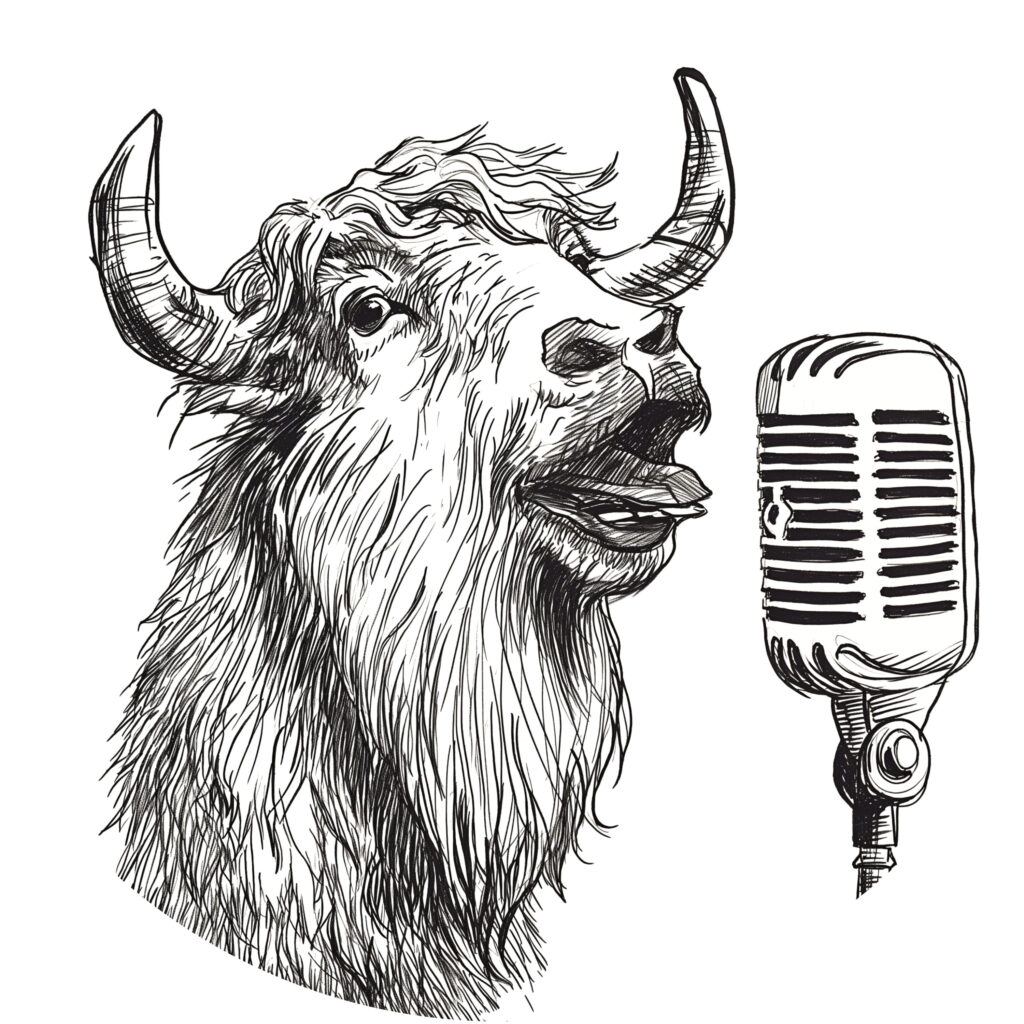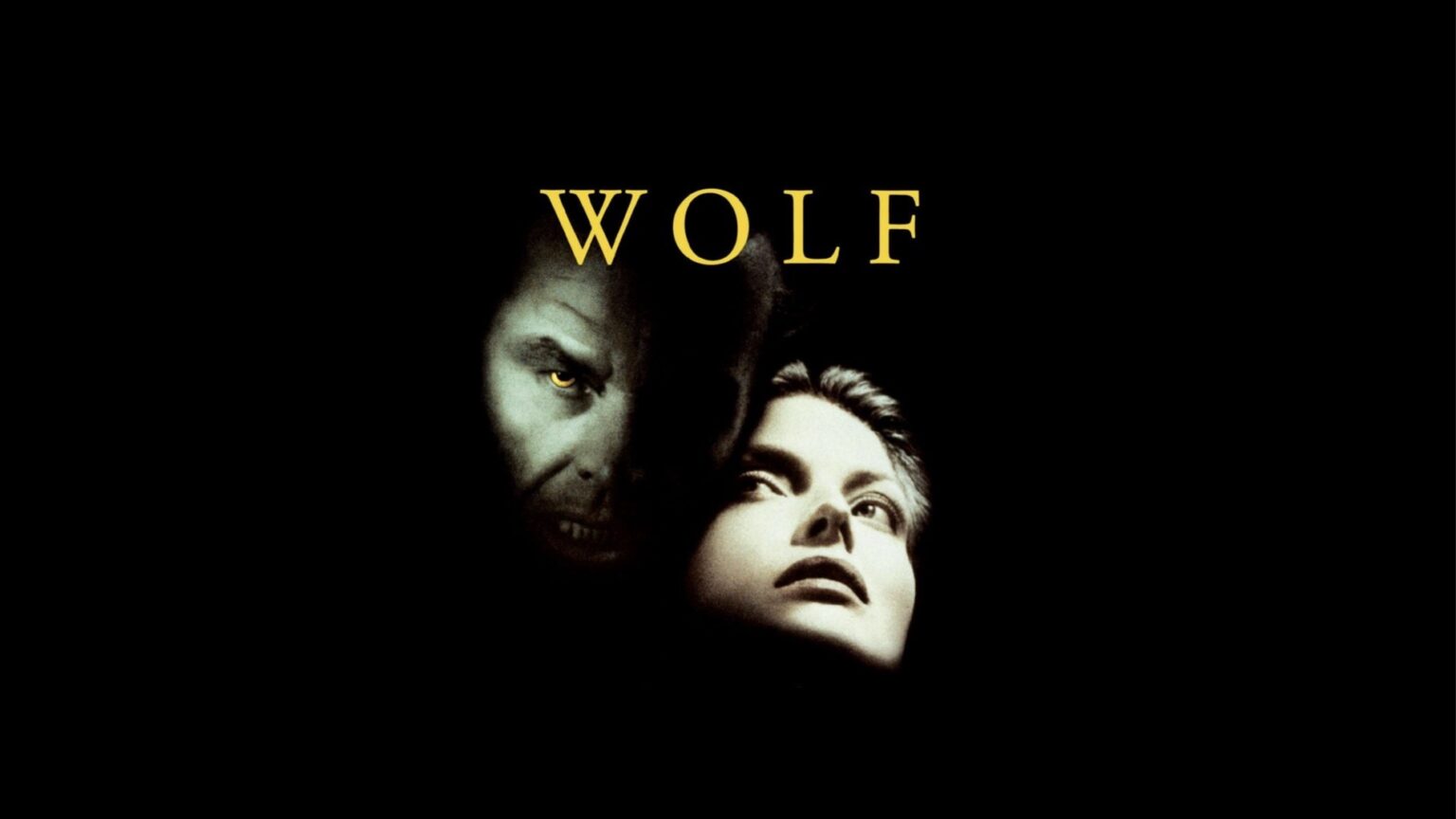Mike Nichols’ Wolf (1994) is the cinematic equivalent of a designer soap opera with fangs—a movie that struts into the room wearing a tailored jacket and khakis but winks at you while adjusting its fur collar. It’s a film that feels tailor-made for guilty pleasure status rather than true horror canon. Stylish, sexy, and unapologetically melodramatic, Wolf is more about the simmering glances, corporate betrayal, and button-pushing theatrics than delivering satisfying thrills or monstrous scares. And I’m here for it.
The premise itself invites indulgence. Jack Nicholson stars as Will Randall, an aging editor-in-chief at a prestigious New York publishing house who, after being bitten by a wolf, finds his life spiraling into chaos. Suddenly, his dull corporate existence, backstabbing colleagues, and failing marriage are no match for his newfound wolfish instincts and the pubic hair on his palms. His heightened senses, sharpened aggression, and animal confidence turn him into a creature capable of reclaiming his power—and exacting his revenge.
Point of order: Wolf isn’t here to scare. It’s here to seduce. This is a monster movie dressed up as a mid–90s corporate melodrama, with its horror elements used for on-its-sleeve metaphor more than menace. Don’t expect buckets of gore or the visceral chills of An American Werewolf in London. Instead, think of it as a werewolf movie that traded its claws for a martini. It’s far more interested in power plays, romantic tension, and the occasional cheeky one-liner than exploring the darker, bloodier side of lycanthropy.
Jack Nicholson, naturally, owns the film. As Will Randall, he begins as a weary relic of a man, outpaced by younger rivals and drained by the soulless grind of corporate America. But as the wolf’s bite takes hold, Nicholson leans into the role with gleeful abandon. Watching him evolve from a tired, pipe-smoking book editor into a swaggering, predatory presence is a delight. His wolfish transformation gives him the confidence to confront his enemies and fire off quips like, “I’m just marking my territory,” after urinating on the shoes of his conniving protégé, Stewart Swinton (James Spader). It’s campy, ridiculous, and endlessly fun—exactly the kind of over-the-top energy that makes Wolf a guilty pleasure. See, it’s terrible, and that’s why it’s so not terrible.
And then there’s James Spader, who is perfectly cast as the smarmy Stewart. Spader brings his trademark twerpy menace to the role, playing the kind of smirking villain you love to hate. Stewart is ambitious, polished, and ruthless, and Spader leans into every sneer and hiss with relish. When he begins his own werewolf transformation after being bitten by Will, the film fully embraces its soap opera roots, turning their rivalry into a literal animal showdown. It’s melodramatic to the point of absurdity, but Spader sells it with such conviction that you can’t help but be entertained. The last act of the film positively belongs to him.
Michelle Pfeiffer, meanwhile, plays Laura Alden, the rebellious daughter of corporate tycoon Raymond Alden (Christopher Plummer). As Will’s love interest, she serves as both a grounding force and a symbol of independence, though her character feels more like a gothic romance archetype than a fully fleshed-out person. Pfeiffer smolders her way through the film, delivering icy glares and sultry one-liners, but her chemistry with Nicholson is more cool detente than fiery passion. Still, Pfeiffer’s charisma is undeniable, and her presence adds a layer of glamour to the film’s already polished aesthetic.
Where Wolf stumbles is in its attempt to balance its melodrama with its horror. The film flirts with deeper themes—power dynamics, primal instincts, midlife reinvention—but never fully commits to them. The werewolf metaphor is more of a narrative device than a fully-explored idea, and the film’s horror elements are too restrained. Rick Baker’s makeup effects are solid but subdued, especially when compared to his groundbreaking work in London. The final dog-eat-dog showdown between Will and Stewart is more theatrical than thrilling, and the film’s resolution feels rushed and, dare I say it, neutered.
And yet, for all its flaws, Wolf is entertaining. It’s the kind of movie where you forgive its missteps because it’s so much fun to watch. The performances are magnetic, the dialogue crackles with wit, and the film’s glossy, high-fashion aesthetic makes it a feast for the eyes. Cinematographer Giuseppe Rotunno captures the shadowy elegance of New York’s publishing world, while Ennio Morricone’s score adds a touch of grandeur to even the most ridiculous material.
Wolf works best when it leans into its guilty pleasure status. It’s not a great horror movie, but it doesn’t need to be. Instead, it’s a melodrama with fleas, a film that knows exactly what it is and plays to its strengths. Watching Nicholson snarl his way through office politics, Spader hiss with villainous glee, and Pfeiffer smolder in jodhpurs is worth the price of a stream.
If you’re looking for a serious, satisfying monster movie, Wolf isn’t it. But if you’re in the mood for a stylish, over-the-top romp that embraces its soap opera tendencies with a wink and a howl, this is the film for you. I love everything about it, unironically. Also, three stars. 🤷♂️

